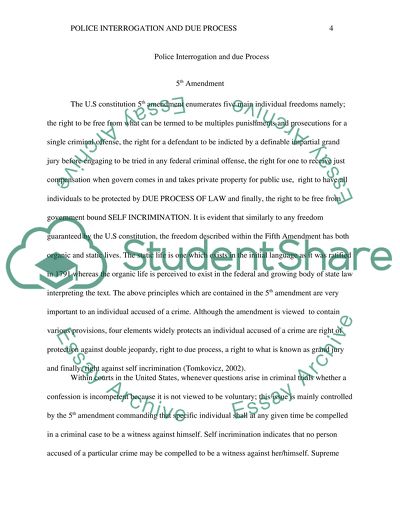Cite this document
(“Police Interrogation and Due Process Research Paper”, n.d.)
Retrieved from https://studentshare.org/law/1437164-police-interrogation-and-due-process
Retrieved from https://studentshare.org/law/1437164-police-interrogation-and-due-process
(Police Interrogation and Due Process Research Paper)
https://studentshare.org/law/1437164-police-interrogation-and-due-process.
https://studentshare.org/law/1437164-police-interrogation-and-due-process.
“Police Interrogation and Due Process Research Paper”, n.d. https://studentshare.org/law/1437164-police-interrogation-and-due-process.


